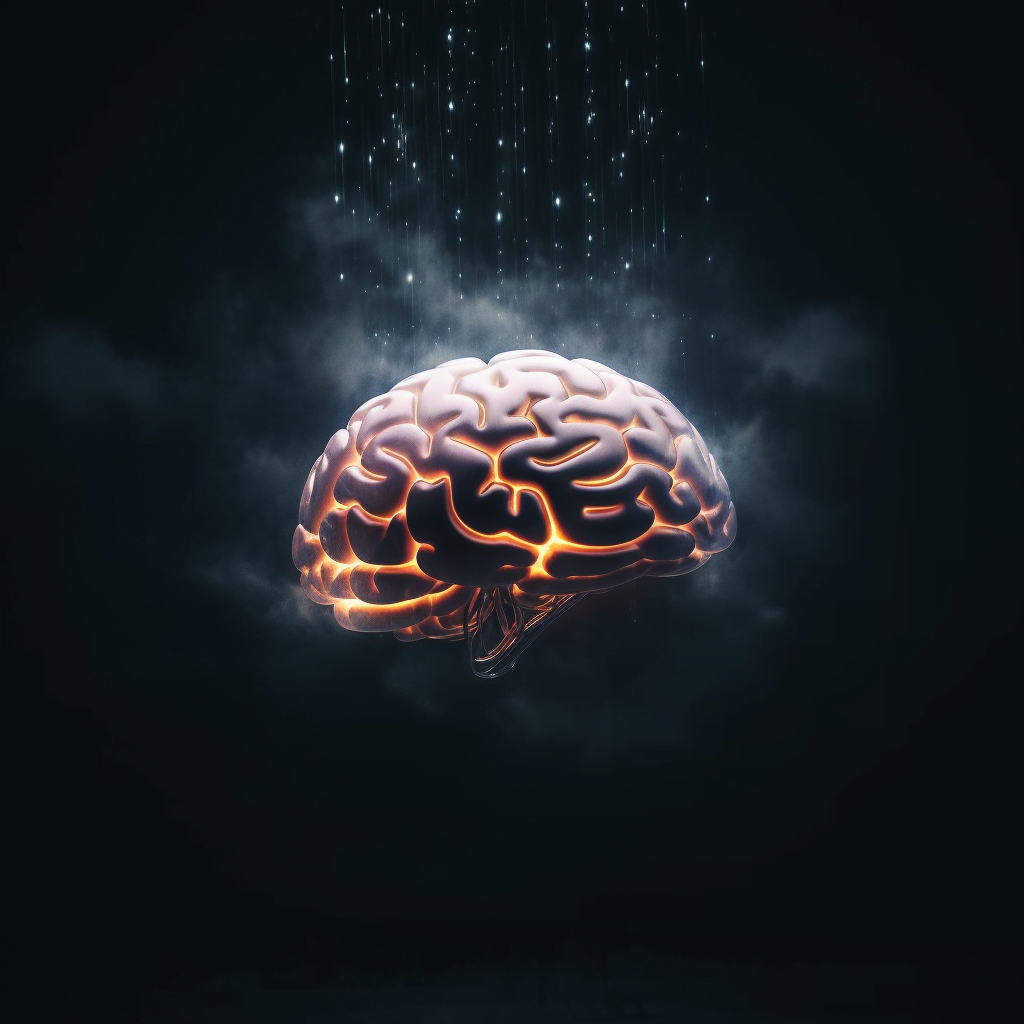
External attribution is the belief that external factors outside of a person’s control are responsible for everything in life. Psychologists also call it having an external locus of control. While there are sometimes benefits to thinking like this, it’s very often the act of not taking responsibility for one’s personal faults and misdeeds.
It’s like when my dog, Rufus, takes a big ol’ number 2 outside, and even though I keep asking him why he does such a thing, he refuses to acknowledge his responsibility in dirtying my lovely yard.
A Brief Journey Into the World of Attributions
External attribution, as we’ve mentioned, is when a person blames external factors for their actions, emotions, or outcomes. In contrast, internal attribution is when someone takes full responsibility for their actions and believes that they have control over their lives. It’s like the difference between Rufus the dog blaming his diet for his messy backyard adventures and Rufus owning up to his, well, own pooping habits.
Explaining the Locus of Control: The Whys and Hows
Now that we’ve covered the basics of external attribution, let’s talk about why people lean one way or the other. The locus of control is a psychological concept that helps us understand the extent to which people believe they have control over their lives. Imagine a seesaw: on one end, there’s the belief that everything happens because of external factors (external locus of control), and on the other end, there’s the belief that people have control over their lives (internal locus of control).
The seesaw tips back and forth based on various factors, such as past experiences, upbringing, and individual personality traits. Sometimes, people might find themselves leaning more towards one side, while other times, they might be perfectly balanced in the middle.
The Good, the Bad, and the Blame Game
While external attribution can sometimes be beneficial (e.g., it can help people cope with challenging situations by attributing their difficulties to factors outside their control), it often comes with some drawbacks. People who consistently display external attribution might find it difficult to learn from their mistakes, as they may not believe they have the power to change their circumstances. They might also struggle to take responsibility for their actions, much like Rufus avoiding the blame for his yard shenanigans.
On the flip side, internal attribution can lead to feelings of empowerment and an increased sense of control. However, too much internal attribution can cause people to blame themselves for things that are genuinely outside their control, which can lead to feelings of guilt and self-blame.
Real-Life Examples: External Attribution in Action
To help paint a clearer picture, let’s dive into some everyday examples of external attribution:
Example 1: The Case of the Mysterious Failed Exam
Imagine a student who just received a low grade on an exam. Instead of reflecting on their study habits and taking responsibility for their performance, they might blame their failure on external factors, such as the teacher’s unfair questions or a noisy testing environment. This student might not see the value in studying harder for the next exam since they believe their performance is entirely out of their hands.
Example 2: The Traffic Jam Excuse
Let’s say someone is consistently late for work. Instead of admitting that they need to wake up earlier or find a better route, they might blame external factors like traffic jams or slow drivers. This person may never change their habits, believing that they have no control over their punctuality.
Example 3: The Inescapable Luck of the Draw
Suppose someone plays the lottery and never wins. Instead of accepting that winning the lottery is a game of chance, they might blame external factors, like the fact that their lucky numbers never come up, or that the game is rigged. This person might continue to play the lottery without ever considering that their chances of winning are slim to none.
In conclusion, external attribution can be a sneaky way of avoiding responsibility for one’s actions and circumstances. While it might feel comforting to blame the world for our problems, recognizing that we have the power to change and adapt can lead to growth and self-improvement. So the next time we catch ourselves blaming the world for our misfortunes, let’s remember Ruf
us and his messy backyard habits. Maybe it’s time to take a step back and consider whether we’re avoiding responsibility and how we can regain control over our lives.
Tips for Shifting from External to Internal Attribution
If you find yourself stuck in a pattern of external attribution, here are a few tips to help you shift towards a more balanced perspective:
Tip 1: Reflect on Past Experiences
Take a moment to think about past situations where you might have blamed external factors. Reflect on whether there was something you could have done differently to change the outcome. This reflection can help you see that you have more control over your life than you might think.
Tip 2: Embrace the Power of “Yet”
When faced with a challenge or setback, try changing your mindset from “I can’t do this” to “I can’t do this yet.” This simple shift can help you see challenges as opportunities for growth and learning, rather than insurmountable obstacles.
Tip 3: Practice Gratitude
Focusing on the things you’re grateful for can help you appreciate the aspects of your life that are within your control. By recognizing the good in your life, you can start to see how your actions and choices have positively influenced your circumstances.
Tip 4: Set Realistic Goals
Setting achievable goals can help you build confidence in your ability to make meaningful changes in your life. Start with small, manageable goals and celebrate your successes along the way. As you gain confidence, you’ll be more likely to take responsibility for your actions and believe in your power to shape your future.
Remember, finding the right balance between internal and external attribution is key to personal growth and development. By taking responsibility for your actions and recognizing the role you play in your own life, you can make meaningful changes and live a more empowered, fulfilling life.
And who knows, maybe even Rufus will finally learn to clean up after himself!




